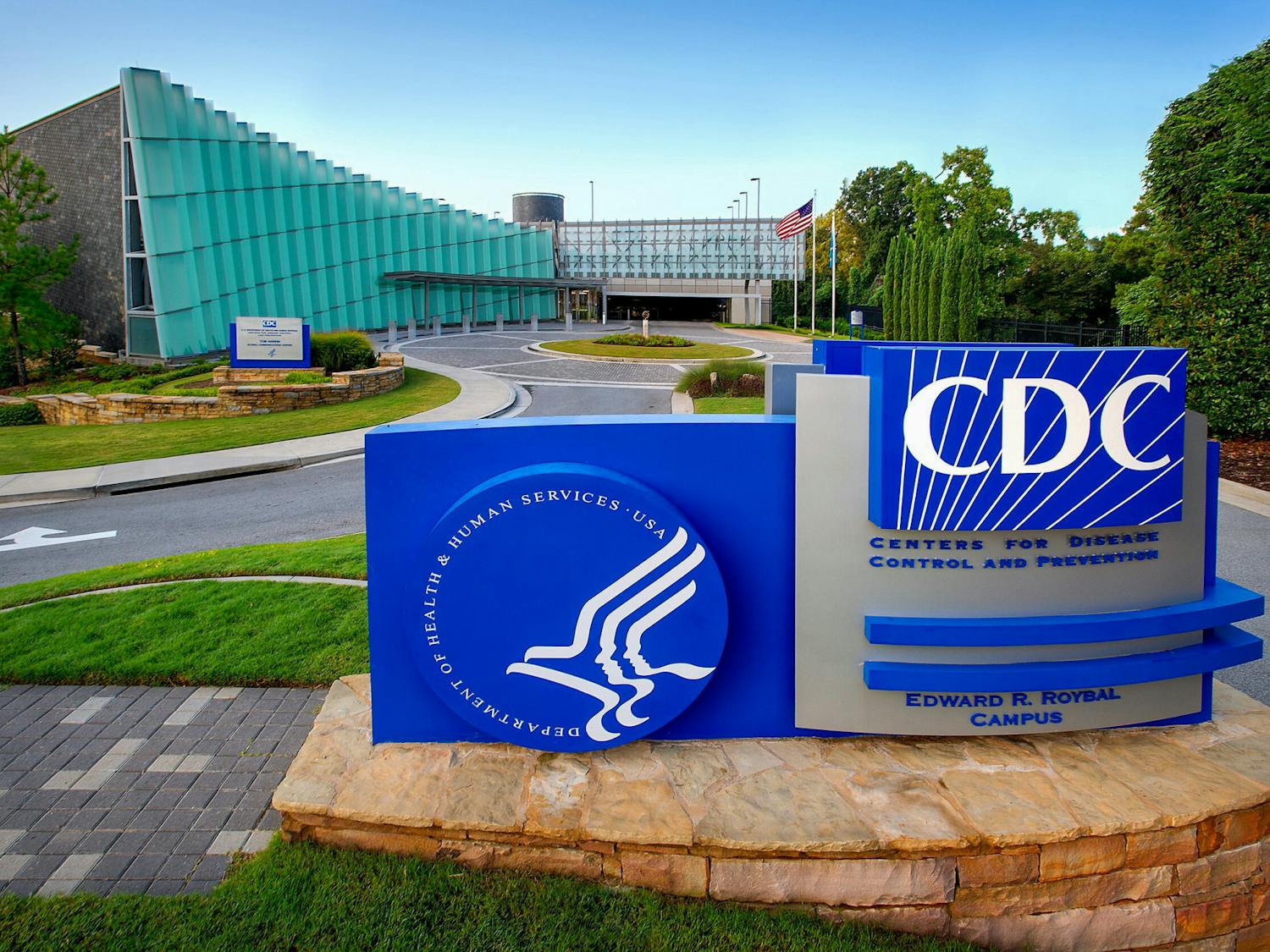In a series of 10-minute presentations, five Wharton professors tried to answer a wide array questions ranging from financial advice for graduates to the recent housing bubble collapse.
This third-annual BizTalk presentations were hosted by the Wharton Dean’s Undergraduate Advisory Board and the Wharton Innovation Group in Huntsman Hall on Feb. 22.
Professor of Business and Public Policy Kent Smetters, who presented first, argued that financial advice is extremely costly, and therefore, “the middle class is widely under served.” Smetters said that while investing prudently and choosing when to retire are not very important, choosing the right amount to save is key.
For Wharton and College junior Zhiyuan Zhao, Smetters’ conclusion was unconventional. “I liked it a lot, especially some of the new ideas, such as saving as the best way of securing a level of utility, which is contrary to the usual view.”
Alex Edmans, professor of Finance, argued that employee satisfaction in the form of higher wages and increased benefits leads to increased profitability for a firm, which may seem surprising given traditional views on the subject.
Similarly, professor Lori Rosenkopf claimed that firms losing employees may still gain knowledge from the lost employee. When an employee leaves a firm, previous networks formed with former coworkers provide the firm with knowledge regarding that person’s experience.
Georgette Phillips, professor of Real Estate and Legal Studies, touched on the issue of subprime mortgage loans given to residents of minority neighborhoods. Banks were able to give out these loans — which have variable interest rates that start low but gradually become higher — in a disproportionate number to residents in these neighborhoods as a way to increase profits.
In the realm of healthcare issues, Kevin Volpp, professor of Medicine and Health Care Management, discussed his new business called “Way to Health.” People use devices to track their health, including blood pressure and weight, and the information is then put into a server that generates automatic feedback for the user. This type of system, he argued, will shift our approach to health care to be more proactive and preventive and less visit-based.
Students enjoyed the presentation, noting that they came away with new knowledge.
For Wharton senior Erin Silk, “it was very informative. It was interesting to hear Professor Rosenkopf, since I took a class with her last semester.”
“The professors brought in good insights,” Wharton senior Jeffrey Zou said. “The first presentation stood out the most for me.”








